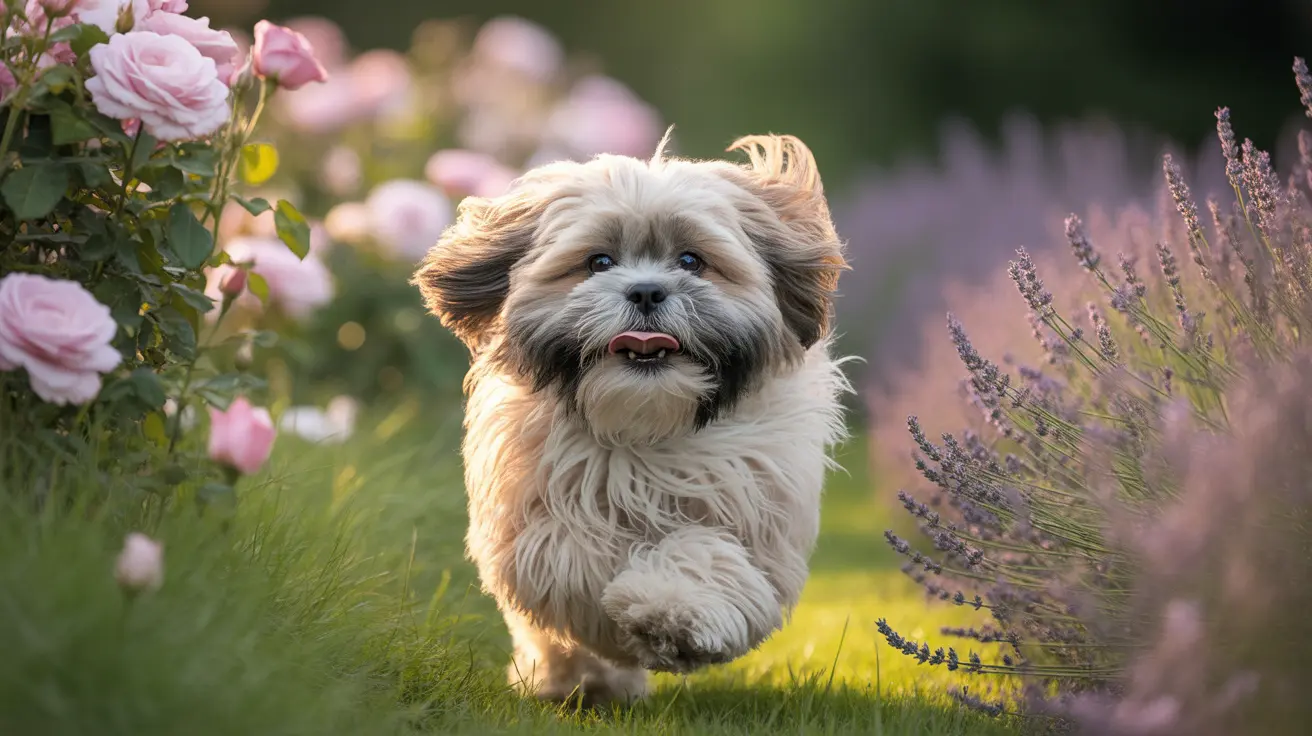The relationship between Muslims and dogs is a complex topic that often raises questions in both Islamic and non-Islamic communities. While many assume Islam completely forbids dog ownership, the reality is more nuanced and requires a deeper understanding of religious texts, scholarly interpretations, and practical considerations.
This comprehensive guide explores the Islamic perspective on dog ownership, examining both traditional views and modern interpretations to help readers understand when and how Muslims can keep dogs while respecting their religious principles.
Understanding the Islamic Basis for Dog Regulations
Islamic teachings about dogs come from two primary sources: the Quran and the Hadith. Interestingly, the Quran itself doesn't explicitly prohibit keeping dogs as pets. In fact, it contains positive references to dogs, including the story of the Companions of the Cave, where a dog loyally protected believers fleeing persecution.
However, various Hadith (recorded sayings and actions of Prophet Muhammad) provide specific guidelines about dog ownership, which have shaped Islamic jurisprudence on this matter. These teachings focus primarily on ritual purity and specific circumstances where keeping dogs is permitted.
Permitted Reasons for Dog Ownership in Islam
Islamic law recognizes several legitimate reasons for Muslims to keep dogs:
- Hunting dogs (for those who rely on hunting for sustenance)
- Herding dogs (for shepherds and farmers)
- Guard dogs (for protection of property and livestock)
- Service dogs (modern interpretation including guide dogs and medical assistance dogs)
These exceptions are based on the principle of necessity and utility, acknowledging that dogs can serve essential purposes in human society.
Ritual Purity Considerations
One of the main concerns regarding dog ownership in Islam relates to ritual purity (tahara), which is essential for Muslim prayer and worship. According to Islamic teachings, if a dog's saliva comes into contact with a person or vessel:
- The affected area must be washed seven times
- One of these washings should include earth or clean soil
- Prayer clothes and spaces should be kept free from dog saliva
These requirements help Muslims maintain their ritual purity while still allowing for necessary interaction with dogs.
Modern Interpretations and Practices
Contemporary Muslim scholars and communities have varying interpretations regarding dog ownership:
Some modern scholars argue for more flexible interpretations, particularly in Western societies where dogs are common household pets. They emphasize the Quran's positive mentions of dogs and focus on the animal's beneficial roles in society.
Others maintain traditional views but acknowledge that modern circumstances might create new necessities for dog ownership, such as:
- Security needs in urban areas
- Service dogs for medical conditions
- Working dogs in law enforcement
- Search and rescue operations
Practical Guidelines for Muslim Dog Owners
For Muslims who keep dogs, these practical guidelines can help balance religious obligations with dog ownership:
- Designate specific outdoor or separate living spaces for dogs
- Maintain careful hygiene practices
- Keep prayer areas and materials separate from dog areas
- Follow proper cleaning procedures if contact with dog saliva occurs
- Ensure the dog serves a legitimate purpose according to Islamic guidelines
Frequently Asked Questions
Can Muslims Keep Dogs as Pets According to Islamic Law?
Muslims can keep dogs for specific purposes such as hunting, herding, guarding, or service needs. Traditional interpretations discourage keeping dogs solely as pets without a practical purpose, though some modern scholars offer more flexible views.
What Are the Specific Exceptions for Keeping Dogs in Islam?
The main exceptions include hunting dogs, herding dogs, guard dogs, and working dogs. Modern interpretations may also include service dogs and those needed for specific professional duties.
How Should Muslims Handle Ritual Purity Concerns with Dogs?
Muslims should wash any areas touched by dog saliva seven times, with one washing using clean earth. They should also maintain separate spaces for prayer and dog activities.
Is It Permissible for Muslims to Keep Guard Dogs?
Yes, keeping guard dogs is explicitly permitted in Islamic law, particularly for protecting property, livestock, or in areas where security is a concern.
What Are the Spiritual and Practical Considerations for Owning Dogs in Islam?
Muslims should balance the practical benefits of dog ownership with maintaining ritual purity, ensuring the dog serves a legitimate purpose, and following proper hygiene practices. Some traditions mention spiritual implications, such as the potential reduction in religious rewards, though interpretations vary among scholars.






